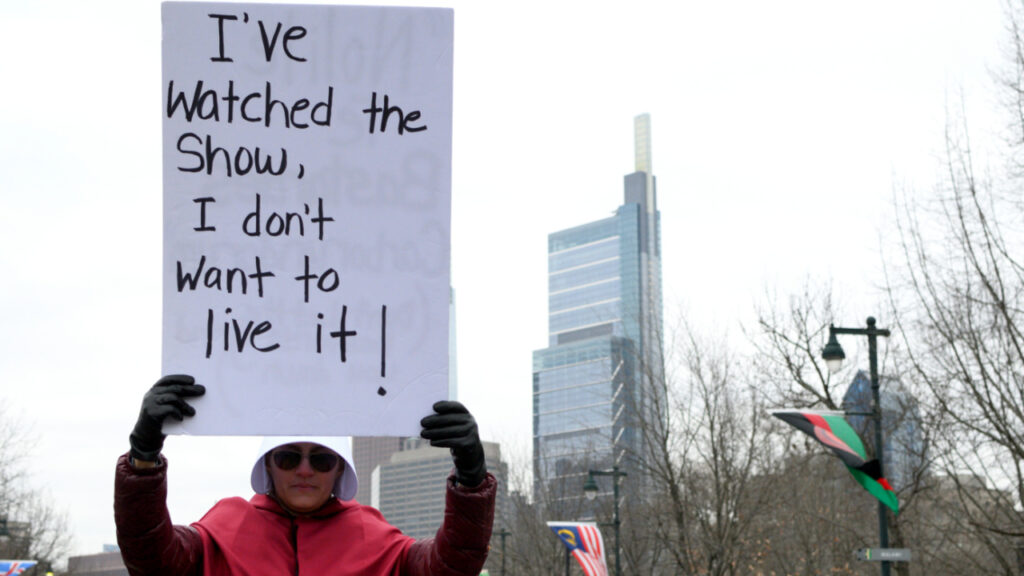
I Watched ‘Halftime’ As Not the Biggest J.Lo Fan and My Respect for Her Increased
For those who grew up thinking Jennifer Lopez was, at best, mediocre at every undertaking, “Halftime” is a must watch.
I grew up in the 90s, which meant the Latinas I saw in media were exclusively: Jennifer Lopez, Shakira, Selena, Salma Hayek and later Sofia Vergara. In the wide spectrum that encompasses Latinidad, young Latinas like me had roughly five women to aspire to as the image of successful Latinas in the spotlight.
But I didn’t see myself reflected in J.Lo — not her flashy style, not her “Let’s Get Loud” attitude or the characters she portrayed. Ironically, all these things are why I respect her so much now, and why I think it’s necessary to contextualize J.Lo’s stardom.
Netflix really dug into the ugliest tid-bits of media about Lopez through the decades. Hosts ridiculed her accent, her appearance. For years, she was the butt of the joke.
When Ben Affleck makes a short cameo in “Halftime,” he shares an anecdote about J.Lo’s own reaction to being seen as the subject of ridicule in media in the late 90s, early 2000s: “I said to her once, ‘Doesn’t this bother you?’ And she said, ‘I’m Latina. I’m a woman. I expected this. You [Affleck] just don’t expect it. You expect to be treated fairly.’”
What gets glossed over in “Halftime” is she wasn’t the butt of the joke in a space other Latinas dominated alongside her. She was ridiculed in an industry where she was competing within both minority and majority groups. If I only had five Latina celebrities to look up to as a child, imagine how many J.Lo had. One? Rita Moreno?
In one of the final scenes, we see her giving a speech to her performers, part of it in Spanish. She says: “Being Latino in this country has always been a matter of pride for me. My family means a lot to me. And representing Latinos around the world, I know it’s something that I do. Something that God has blessed me to do. There are many Latinos in this country, and they are not being treated well, and that’s why this show is so important.”
We, the public, and Latinos in particular give minority celebrities and artists the responsibility of representing every sub-culture within our already wide-ranging cultures. Even now, many of us claim Latinx shows are not representative enough, even when they’re produced by Latinos themselves who are still working within Hollywood’s limits.
Non-minority artists have the privilege of growing up to be an artist because they want to be, for the love of art. I don’t think J.Lo had the privilege of being solely seen as an artist. When she stepped into the spotlight, she might have soon realized she was speaking for millions of people — her image was a statement about representation.
No matter how you feel about J.Lo, “Halftime” only amplifies what we’ve seen through the years — a woman who wants to do what she loves, one who owns the responsibility Latinos have given her, and a star to whom we owe many thank you’s.




